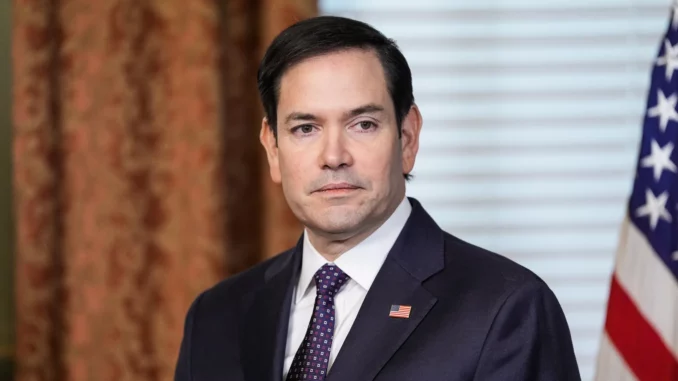
South Africa is set to host the G20 Foreign ministers’ meeting this week in Johannesburg, but the United States will notably be absent from the proceedings at the highest level.
Secretary of State Marco Rubio announced on social media that he would not attend the gathering, citing objections to the meeting’s focus on issues like Diversity, Equity, and Inclusion (DEI) and climate change, which he described as “anti-American”.
Rubio expressed frustration that the event was being used to promote global agendas on sustainability and equity rather than addressing more pressing concerns like terrorism and energy security, which he believes should be the priority for global leaders.
While Rubio’s absence highlights growing tensions between the US and South Africa, the US is still expected to have representation at the meeting, albeit at a lower level. South Africa’s Department of International Relations and Cooperation responded to Rubio’s comments by emphasising that the G20 Presidency is about much more than just climate change, particularly advocating for fair treatment of Global South nations and striving for an equal global system for all. Minister Ronald Lamola reiterated that the agenda had been adopted by all G20 members and was in line with the themes from previous summits, reflecting a broader focus on global inclusion and equity.
The diplomatic rift between the US and South Africa has been widening under the current US administration. Under President Donald Trump, relations deteriorated after the US leader accused South Africa of engaging in land grabs and mistreating the white Afrikaner minority. Although South Africa’s controversial land reform law passed earlier this year, no land has been seized, and the white minority remains one of the country’s most privileged groups. As tensions continue, Rubio’s decision not to attend the G20 meeting adds another layer to the complex relationship between the two nations.
